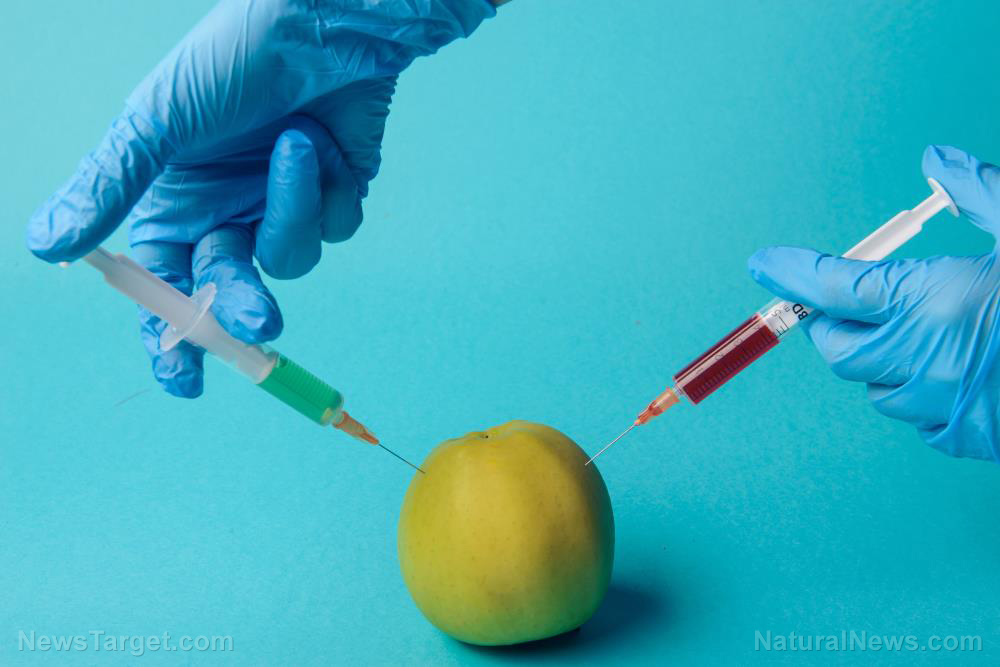
New research published in the journal Environment International highlights the fact that BPA, like other chemicals used in plastics, is an endocrine disruptor, meaning it interferes with hormone production and balance.
Children exposed to BPA early on in life, the review found, are much more susceptible than other children to develop behavioral problems like hyperactivity later in life. The review looked at more than 30 different scientific studies on the subject, its authors declaring it to be a "compelling piece of evidence" in the puzzle of what causes ADHD.
Heather Patisaul from North Carolina State University's Department of Biological Science, who was not involved in the review, stated that government regulations on BPA exposure are severely flawed, and that even what's considered to be "safe" amounts of exposure to BPA can have a profoundly negative effect on childhood development.
"What regulators think is a 'safe' dose for the developing brain may have to be re-evaluated," she's quoted as saying.
The publication of this review comes just two weeks after the U.S. Food and Drug Administration (FDA) released its own statement on the preliminary findings of a two-year federal government study on BPA, which is commonly added to thermal paper receipts, can linings, and food packaging and liners.
After supposedly evaluating how various amounts of BPA affects rats, the FDA declared that BPA is "safe for the currently authorized uses in food containers and packaging." This claim, however, is contested by scientists all over the world who recognize that, even in relatively low amounts, exposure to BPA is damaging to the endocrine system.
Science: Up to 90 percent of people have traces of BPA in their bodies
The fact of the matter is that BPA doesn't stay put in its various product applications, as studies have shown that it leaches out into food rather easily. The consequence is that up to 90 percent of people have BPA in their bodies, where it directly interferes with the production and use of hormones.
Both animal and human studies suggest that BPA has multiple health impacts, especially in babies and children. These include obesity, asthma, low birth weight, and genital defects, among other conditions.
As far as hyperactivity, the results from 29 rodent studies and three human studies are clear: BPA is similarly damaging to behavioral normality, and can cause developing children to suffer brain abnormalities in which they have trouble focusing on the task at hand.
The methods used to arrive at this conclusion are corroborated by the National Institute of Environmental Health Sciences, which has an intricate system for evaluating the merits of individual studies compiled as part of a larger review.
Based on this system, the researchers involved were able to determine that BPA is, indeed, a "presumed human health hazard" when it comes to hyperactivity, and that more needs to be done to address this widespread societal problem.
"'Presumed hazard' is just one notch down from 'known hazard,'" stated lead author Johanna Rochester, a senior scientist with The Endocrine Disruption Exchange, or TEDX, a science-based non-profit organization founded by Theo Colborn, a pioneer in endocrine disruption research.
While it isn't precisely clear how BPA spurs hyperactivity or ADHD, the animal studies in particular that were included as part of the review reveal that it alters dopamine, a chemical messenger that helps individuals to think clearly and stay alert and focused.
"...the brain is possibly one of the most sensitive organs, from BPA exposure specifically," added Carol Kwiatkowski, the review's senior author and executive director of TEDX.
Read Pollution.news for more coverage of toxic chemicals in foods and the environment.
Sources for this article include:
Please contact us for more information.























